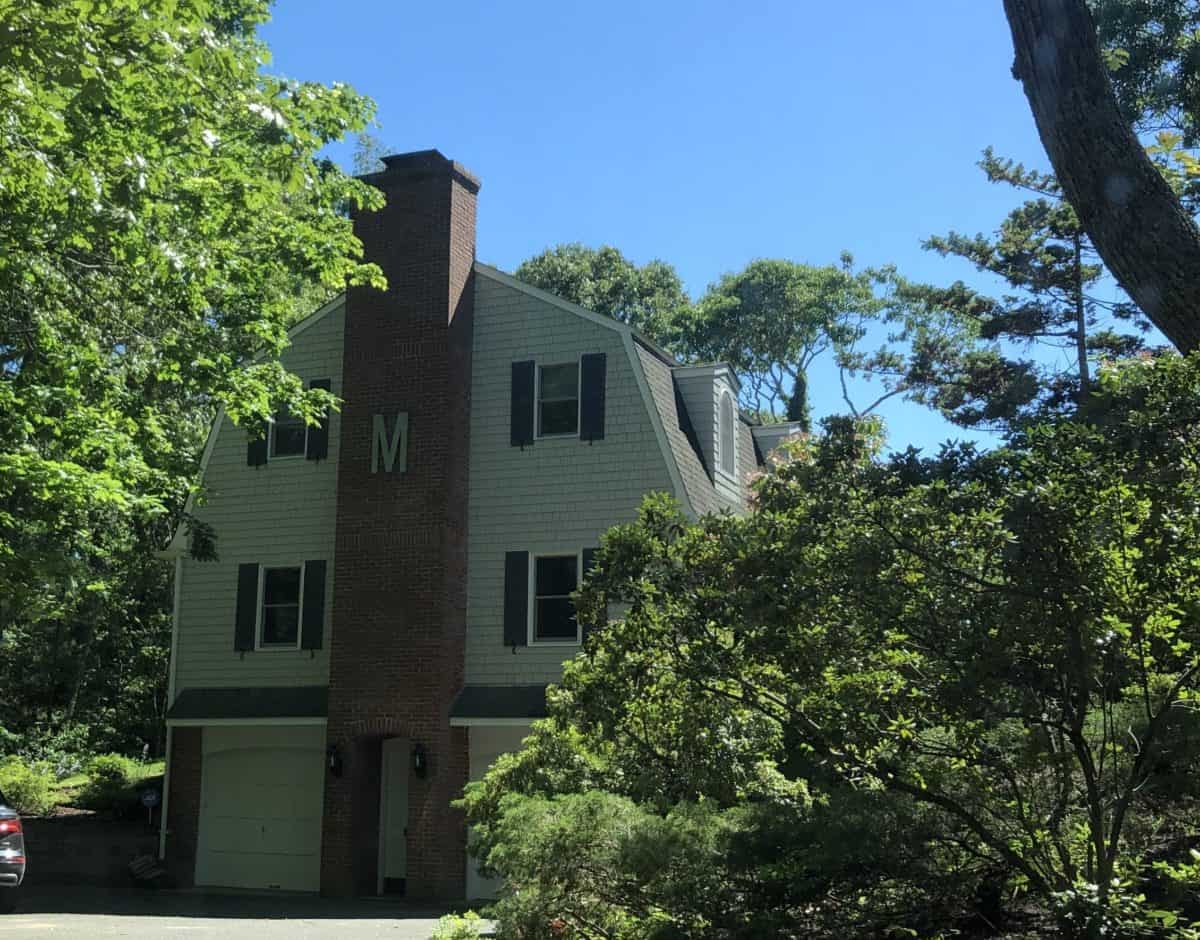Vacation Home vs. Investment Property: What’s the Difference?

When you are buying a second home, there are different classifications of the home — which are used for tax purposes — based on how you use the home. These are important to understand as they can determine much about how the home is financed, your mortgage rate, and the taxes you pay on the house.
Primary Home
Definiting your primary residence isn’t too tough, but it’s worth understanding. This home must be:
- Where you live for a significant portion of the year (usually the majority)
- A home for which you can provide proof of residence (like an electric bill with your name on it that you pay)
- Near your place of work, if you are employed
Tax Deductions
With a primary residence your mortgage insurance and the property tax you pay can become important tax deductions, saving you hundreds or even thousands of dollars.
Here is the main question to ask about your home:
- Do you stay there at least 14 days a year?
- Of the days you stay at the house, does they equal at least 10% of the days you rent the home out?
If either of those are true, the home can qualify as a vacation home as opposed to an investment property.
Grey Space?
Some people observe that the mortgage for a secondary home is more expensive than that for an investment home so they consider telling their lender that a home is a secondary home despite it clearly not being.
It might seem like this is something the lender would be unable to prove, so this could be a worthwhile gambit, but it’s considered mortgage fraud (otherwise known as occupancy fraud). This is illegal, it’s a felony, and it can come with fines, probation, and even jail time. The FBI has a helpful guide on some scenarios.
Second Home vs. Investment Home: What’s The Difference?
A second home is usually what people would consider their:
- vacation house
- lake house
- beach house
- weekend house
- ski house
… or any other place you spend time, usually for the pleasure of being there, for some period of the year. You have to live there for at least part of the year.
If you own another property, apartment, or home and you don’t stay there at least somewhat regularly then the purpose of that place is, de facto, for investment. Even if you don’t profit from the ownership of the home, it can still be considered to be an investment property.
A second home is a single-unit home, solely owned by the buyer, that is normally over 50 miles from your primary home and is sufficiently far away from your place of work. Also you generally can’t have multiple second homes in the same area as the additional homes (after the first) would be considered investment properties.
Investment properties can be located anywhere, even close to your primary residence. They are defined largely by being a property, home, or apartment you own without being a place where you live.
Can You Rent Out A Second Home?
If a home is rented out full-time it’s definitely an investment property, but you can rent out a second home some part of the year and not lose its status. You can’t put the home in complete control of a management agency nor can the home be part of a time-share program.
But if you stay in the home more than 14 days a year and more than 10% of the time that you rent it out then the home can be considered a second home, not an investment property.